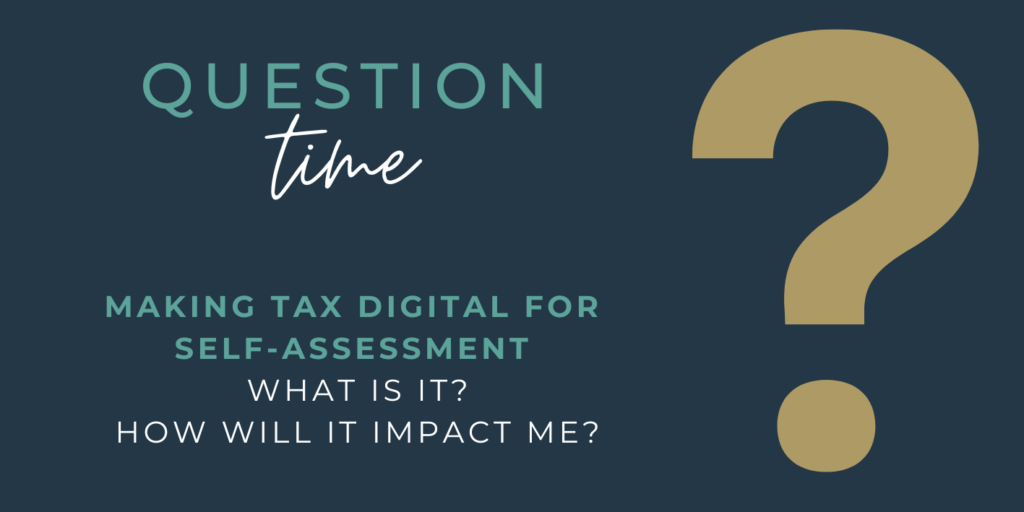Statutory Audits Explained: Meanings and Processes

What is a statutory audit?
A statutory audit is an independent assessment of the statutory financial statements of a company or institution. The process involves a review of the underlying financial records of the entity so that an auditor can express an opinion as to whether their accounts give a “true and fair” view of the company’s affairs for the period in question and are prepared in accordance with relevant legislation.
Are statutory audits compulsory?
Statutory audits are compulsory for all companies and some charities unless they qualify for certain exemptions. Those entities which qualify for exemptions include small companies and certain members of groups. However, a small company may choose to have an audit anyway.
Why are statutory audits required?
As stated above, the main goal of a statutory audit is to ensure the company’s financial statements give an accurate reflection of the affairs of the company, have been prepared in accordance with applicable law. This effectively validates financial statements and increases their reliability. Unaudited financial statements could be incorrect due to error or even fraud, therefore statutory audits are required to minimise this and allow stakeholders to make decisions with greater confidence.
The auditing process
Who carries out a statutory audit?
A statutory audit will be carried out by a registered external auditor who is independent from the company being audited. This auditor must be registered on the Register of Statutory Auditors in accordance with auditing regulations.
How does an audit work?
An audit follows three stages: Planning, fieldwork and completion.
Planning
In planning the auditor gathers information to allow them to fully understand the business and its operations. This involves gathering information on the owners of the business, how they manage risk, the systems and controls involved in the day to day operations and the process behind preparing the financial statements. Once the auditor has this data they will identify risks and design tests to be carried out during the audit.
Fieldwork
This involves performing the tests designed at the planning stage on the individual balances included in the financial statements. Tests will include agreeing transactions to underlying documents and analytically reviewing the data.
Completion
The final stage of an audit involves reviewing all the testing performed and assessing the findings. If errors have been noted as part of testing these will be discussed with the client and they will be required to update their financial statements. The auditor will then issue their opinion on the financial statements:
- An unmodified opinion: all records are accurate and inline with regulations. Any material errors noted were adjusted.
- A modified opinion: not all records are accurate and/or there is insufficient evidence to verify records or claims. The client may have refused to adjust the accounts for errors noted.
The auditor will also provide a report of their findings during the audit. This gives the business feedback with their report, explaining where (if any) the risks or inaccuracies lie, how to address them, and their assessment of internal findings of the company’s processes and structure if deemed a risk.
What should I do if my company needs a statutory audit?
If your company meets the criteria for a statutory audit, you need to appoint a registered auditor to carry out the audit of the company’s statutory accounts. Failing to comply with UK legislation can result in significant harsh penalties, so it is vital to comply with the law and seek the expertise of an auditor.
As a leading Chartered Accountants with seven branches across central London and Kent, we have many years’ experience carrying out both statutory and non-statutory audits. Please contact us for in-depth advice on this subject, including whether your firm meets the government’s exemption criteria.







